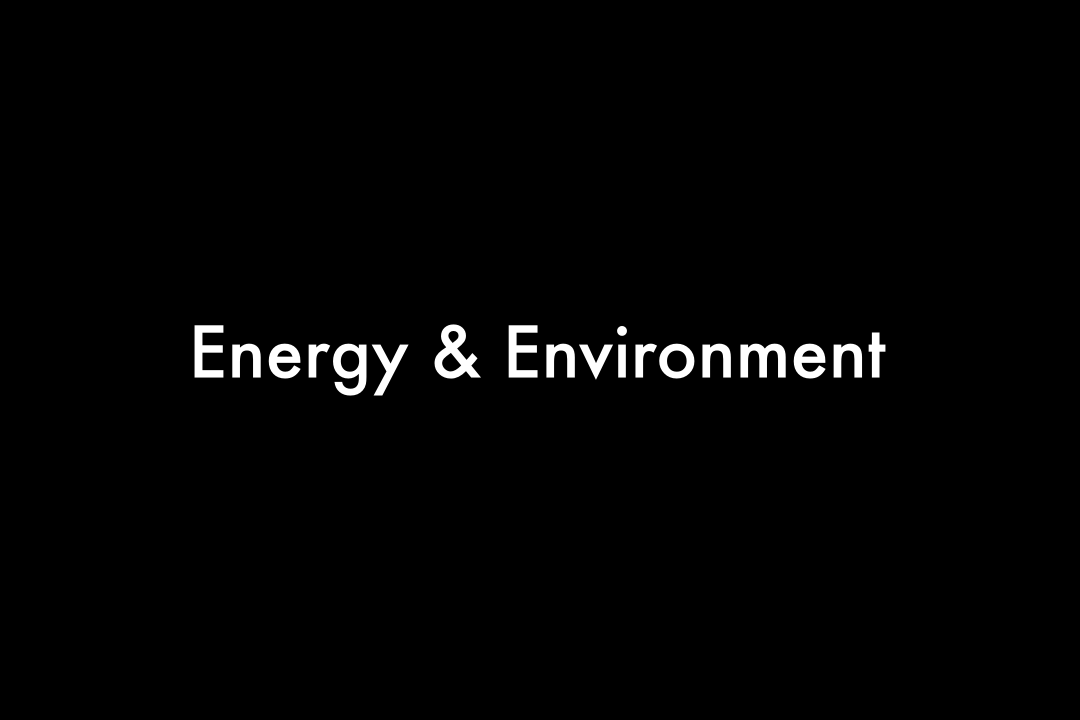
The government of Indonesia plans to increase the electrification ratio to 100% by 2020. Microgrid is a small power grid that can be a solution to electrify remote areas. Weriagar Village, which is located near Tangguh LNG, is one of the villages that still need continuous power and water supply. The majority of people who work as fishermen also need a room to store and to preserve their fish. This research intends to conduct technical and economic analysis on microgrid development by utilizing LNG to power Weriagar Village, to provide fresh water, and cold storage. Electricity is generated through a mini gas engine power plant, clean water is produced by reverse osmosis module, and cold storage uses a vapour compression cycle and cold energy from LNG regasification. The simulation of each system is done with UniSim Design R390 to evaluate the technical performances of each systems and its economic analysis is carried out using cash flow method with several schemes of financial and fiscal incentives. The main result of analysis shows that the natural-gas fired microgrid capacity is 55 kW with an electrical efficiency of 34.18%, the volume of cold storage is 301.5 m3 with specific energy consumption of 42.11 kWh/m3-year, whilst the reverse osmosis capacity is 94.6 m3/day with specific energy consumption of 7.12 kWh/m3. The total electricity consumption with and without utilizing LNG cold energy in cold storage are 306,822.41 kWh/year and 309,414.61 kWh/ year respectively. There are 3 business schemes that are able to turn the project to become feasible: the provision of grant, joint cost scheme, and joint cost with fiscal incentive scheme. These business schemes are able to lower the cost of electricity generation below the regional electricity generation cost of Rp 2,790/kWh. This research proves the integration of electricity generation business and productive zone i.e. cold storage is able to bring mutual benefits to each entity.
